Any links to online stores should be assumed to be affiliates. The company or PR agency provides all or most review samples. They have no control over my content, and I provide my honest opinion.
Netatmo is entering the world of smart locks, which will complement the current smart home security range, including the recently launched indoor smart alarm plus Welcome indoor and Presence outdoor cameras.
Smart locks have struggled to take off in the UK, but Netatmo hopes their new system will outperform competing brands.
High Security
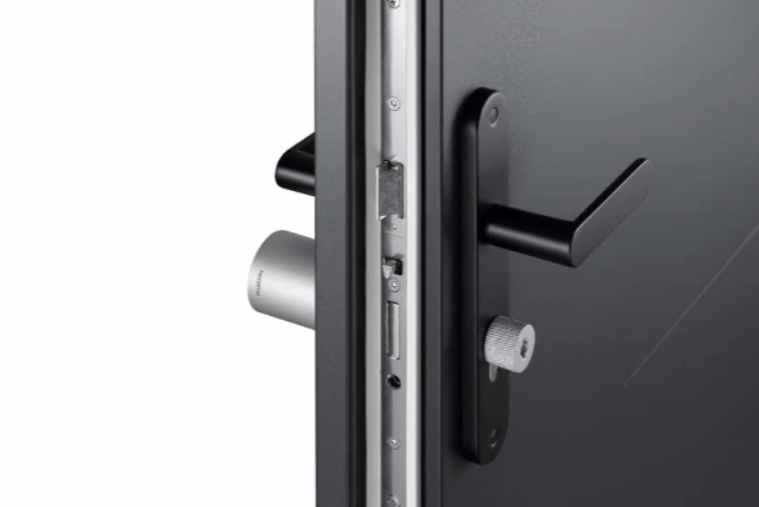
The new Netatmo Smart Door Lock claims to be one of the most secure options available, only working via Bluetooth and NFC with no internet connection. It is designed to withstand physical and electronic attacks, and it meets various security standards, including A2P (France), BZ+ (Germany) and SKG(Netherlands). It uses locally stored encrypted data and high-security NFC keys which are tamper-proof and impossible to duplicate
Adjustable Euro Cylinder
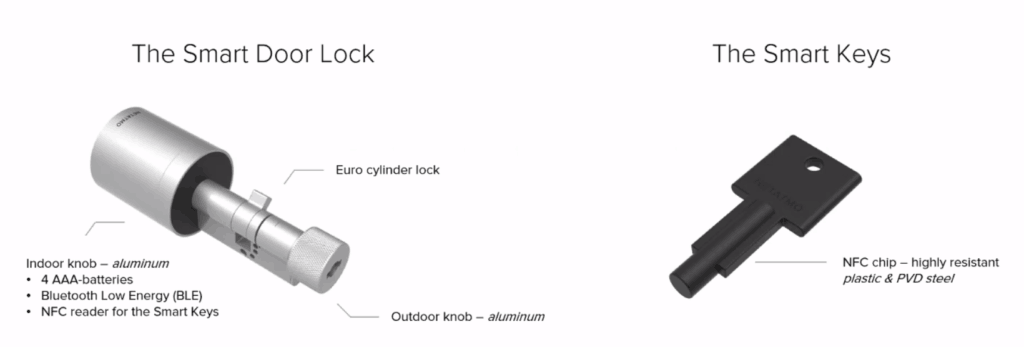
Unlike other brands, that can have tricky set-ups or require you to buy a specific size for your door, Netatmo has a universal design that will fit any Euro Cylinder locks. These locks are what we use in the UK for our multi-point PVC doors, so it should work for most homes in the UK. The lock can be adjusted to suit different thicknesses of door, so you should not have to worry about any compatibility between doors.
NFC Keys that can work on multiple locks but with no mechanical backup
Netatmo has developed NFC keys for their system, these keys loosely resemble your existing key rather than tags or cards. It is made from highly resistant plastic and PVD steel. It is then possible to pair up that key with multiple locks, so you could have your front and back door using the same key, or maybe an internal office/study key.
The smart keys themselves can be added and deactivated via the app, so if you lose one, it is easy to disable it.
I have reviewed three different smart locks; the Yale Connexis L1 is probably the most established lock in the UK, then the Nuki which is an innovative approach that uses a motor to turn your existing key or thumb turn.
From my personal experience and the opinion of many others, people do not like locks without a mechanical backup of some form. The advantage of Nuki is that you can set it up to use your existing old fashioned key. While I think the Yale Conexis L1 is superb there have been reports of the smart lock either not locking or unlocking and many people won’t buy it if they have a single point of entry to their home. The same risks would apply to the Netamo lock. I am not sure how common this issue is, and mechanical locks can also fail, but until smart locks become mainstream, there will always be some paranoia about being reliant on an electrical solution.
2-year battery and USB backup power supply
Netatmo does reduce the risks of an all-electric option by having a 2 year battery life, double what you can expect from the Yale Conexis L1 and three times the 8-month life of the Nuki. The Netatmo will require four AAA batteries to function.
Furthermore, the Netatmo has a battery backup option using micro-USB, which should be more convenient than the 9v option that the Conexis L1 uses.
Electronic Cylinder vs Motorised Cylinder
Netatmo made a point of the Smart Lock using an electronic locking mechanism vs a motorised system, I am not entirely sure how these two are different, and I will confirm with Netatmo. However, this is one of the reasons why Netamo can achieve a 2-year battery life over Yale.
App & Third party compatibility – Apple Home Kit
At launch, this will only be compatible with Apple HomeKit, no Alexa, Google, IFTTT, or other smart home technology such as Z-Wave and Zigbee. There will, of course, be an Apple and Android app.
The app will be able to open and lock the door, add, customise and deactivate smart keys, send smartphone invitations to uses, give battery status updates, a timeline of unlocks and locks, plus notifications if the lock has been tampered with.
Scenarios
Using HomeKit, you can create scenarios similar to other smart home systems allowing you to have the light switch on when you open the door or other automation.
Price & Availability
Pricing is not confirmed, I was told a rough price, but didn’t note it down. However, it was on the very high end of the scale, well above Yale and Nuki. Additional keys are expensive too, I believe above £50 for a set of three.
The lock will be launching in the second half of the year.
Overall
The Netatmo Smart Door Lock promises to be a large improvement over many competing brands, the 2-year battery life should reduce the paranoia of your door lock running out of battery.
However, the lack of a mechanical back-up is going to be an issue for some, and the price is certainly going to be a barrier for many.
The hardware does sound very impressive, though, and this could help make smart locks become more widely adopted in the UK.
Better images and additional information soon
I am James, a UK-based tech enthusiast and the Editor and Owner of Mighty Gadget, which I’ve proudly run since 2007. Passionate about all things technology, my expertise spans from computers and networking to mobile, wearables, and smart home devices.
As a fitness fanatic who loves running and cycling, I also have a keen interest in fitness-related technology, and I take every opportunity to cover this niche on my blog. My diverse interests allow me to bring a unique perspective to tech blogging, merging lifestyle, fitness, and the latest tech trends.
In my academic pursuits, I earned a BSc in Information Systems Design from UCLAN, before advancing my learning with a Master’s Degree in Computing. This advanced study also included Cisco CCNA accreditation, further demonstrating my commitment to understanding and staying ahead of the technology curve.
I’m proud to share that Vuelio has consistently ranked Mighty Gadget as one of the top technology blogs in the UK. With my dedication to technology and drive to share my insights, I aim to continue providing my readers with engaging and informative content.

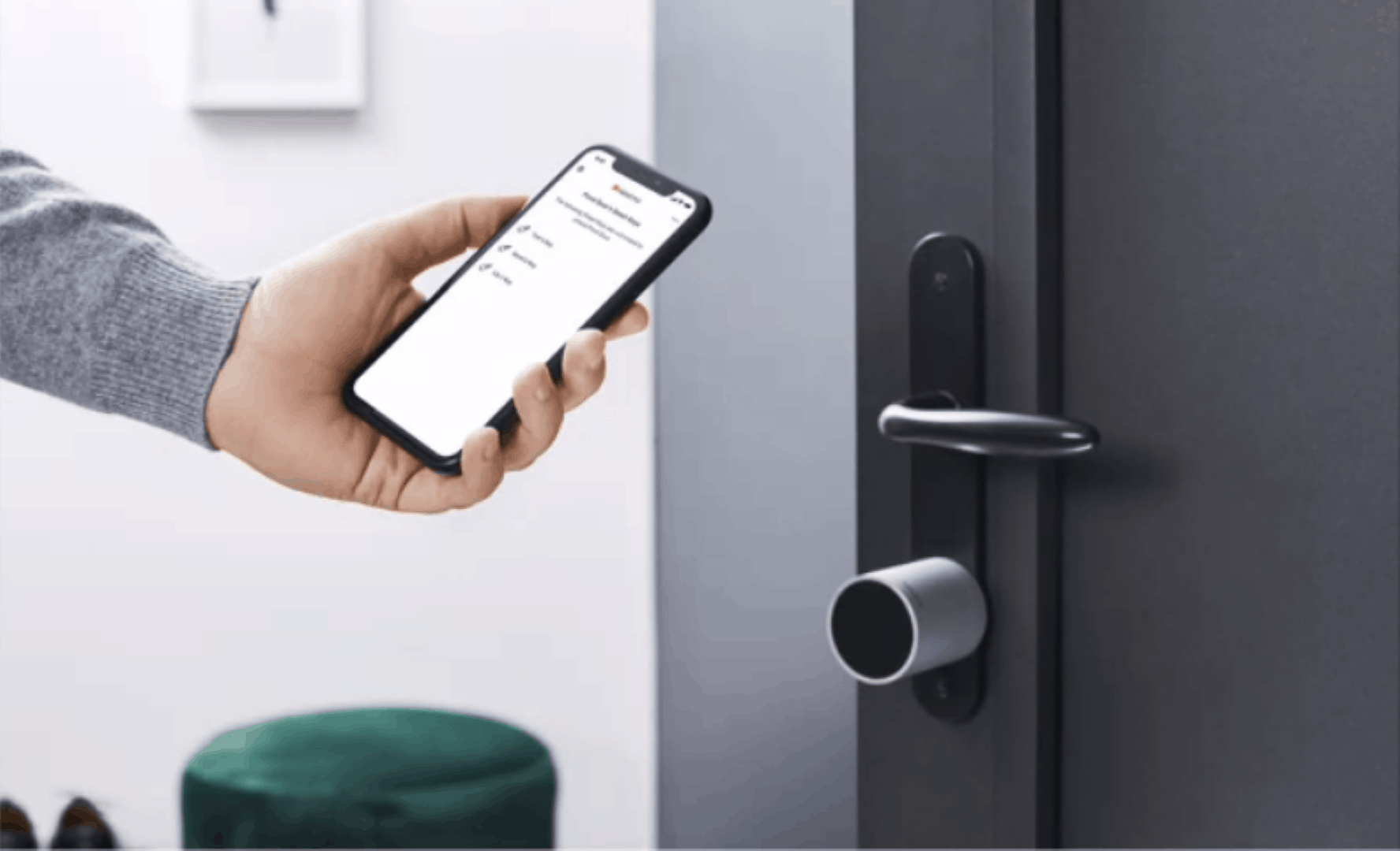
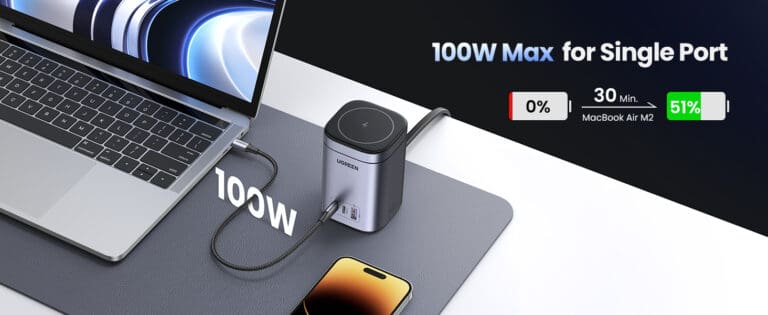

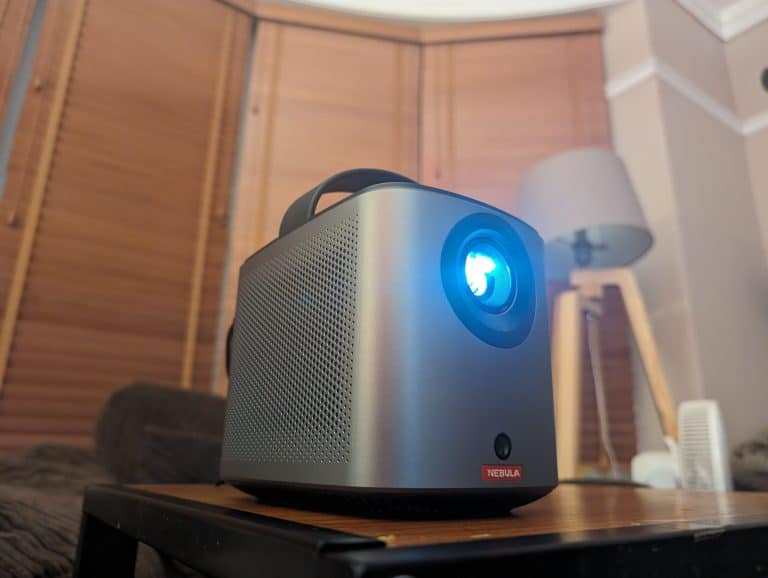
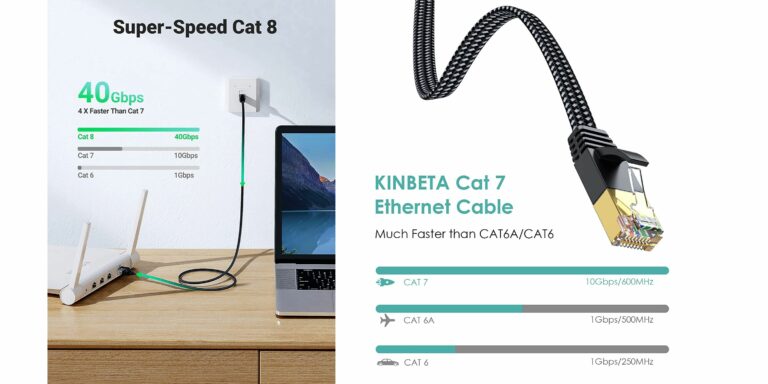

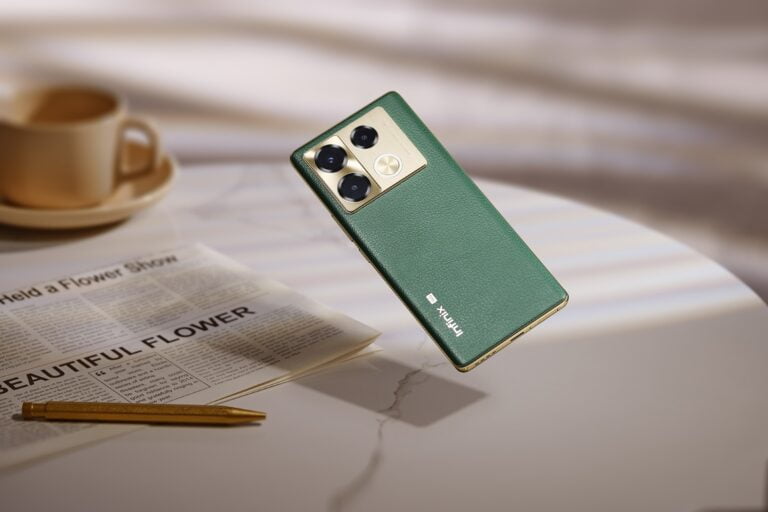
Most of the Chinese locks on Amazon (I have had one for two years, it recently failed, mechanical, so I’m not uncritical of them) operate with fingerprints and all of them have a PIN entry option. Why is Netatmo (or anyone else as yet so far as I’m aware) unable to offer fingerprint entry with a multi-point lock. Is there some deep problem? Can you explain? Surely the fingerprint tech itself is now cheap enough. Concerning this particular lock, if I understand the review correctly this doesn’t have a PIN code option either, so, no phone and lost key and you are stuffed. Also, I don’t see that RFID keys have much advantage traditional keys (even ones that will open many doors, which is an obvious risk in itself) as it’s still an object you’ll have to carry with you all the time. This seems a flawed premium solution to me.
Yeh, no pin code on this one. This lock even has key-shaped RFID keys, which seems dumb.
The general consensus for fingerprints on locks is that fingerprint scanning is not overly accurate and easy to fool. Though I guess having to scan your finger 2-3 times is less inconvenient than losing your RFID key.
All these locks work with your phone too, so you’d have to be without both your key and phone not to be able to get in.
From what I have read online, the biggest concern from people is the failure of the electric lock and no mechanical key backup. This is what stopped the Yale Conexis L1 from seeing wider adoption.
The lock I had was/is a Pineworld E202 (I’ve ordered a new backset for it from China for £17, should show up mid-November). I saw it reviewed on a very nerdy security site and they did find a fatal security flaw with it. However, that flaw wasn’t to do with the fingerprint scanner per-se, but, due to a physical shortcoming which made it the work of a few seconds with a cordless drill, if you know what you are doing, to break the lock. They had no criticism of the security of the fingerprint or other entry methods as such. The “Pineworld”, like most of the Chinese locks, has RFID, Fingerprint, Phone Unlock/App, PIN, USB emergency power and a mechanical key (I think it was the provision of that which introduced the vulnerability for the drill attack). If they can do all that for around £170, in fact looking on Ali-Express there are locks like the E202 for around £80 if you’re prepared to wait 12 weeks or so to get one. Why can’t the European companies come up with something that works well for multipoint locks, for say, £300. I would pay that premium for something that ticks all the boxes, is robust, and works. There’s a huge opportunity there for them.
To labour this. For now I think we’re going to continue with the E202 (assuming the new backset works as the old one did) coupled with an old-school BS3621 deadlock which we lock when we are sleeping or out. That means continuing for the time being with our old wooden door. I’d change to composite, but, as we are saying the smartlock choices just aren’t up to it yet. You can get my (your?) whole wish list in a lock on a modern door, but, they seem to come only with hugely expensive (generally German) metal doors that start (yes, start) at about £5k for a new door with a smartlock that meets all (or most of) the criteria we’re discussing. That’s a big jump between a top end composite, say £1.5k plus the smartlock, and a bottom end metal door for £5k. The lock components are separately specified and itemised in the quotations for the German doors I’ve had and the smartlock bit seems to be a few hundred £ of it. I think this is doable for composite doors, which are adequate for non-oligarchs/the not paranoid, why don’t they do it?
Thanks for the great comments. Yes, I agree that smart locks from the big brands haven’t evolved quite as fast I would have liked. I kind of want one of them German doors now. Better get saving.
I had to tell someone……. 🙂
Just wondering if there is any news on when this Netatmo lock might be available? On there website it still only shows “Keep Me Informed”